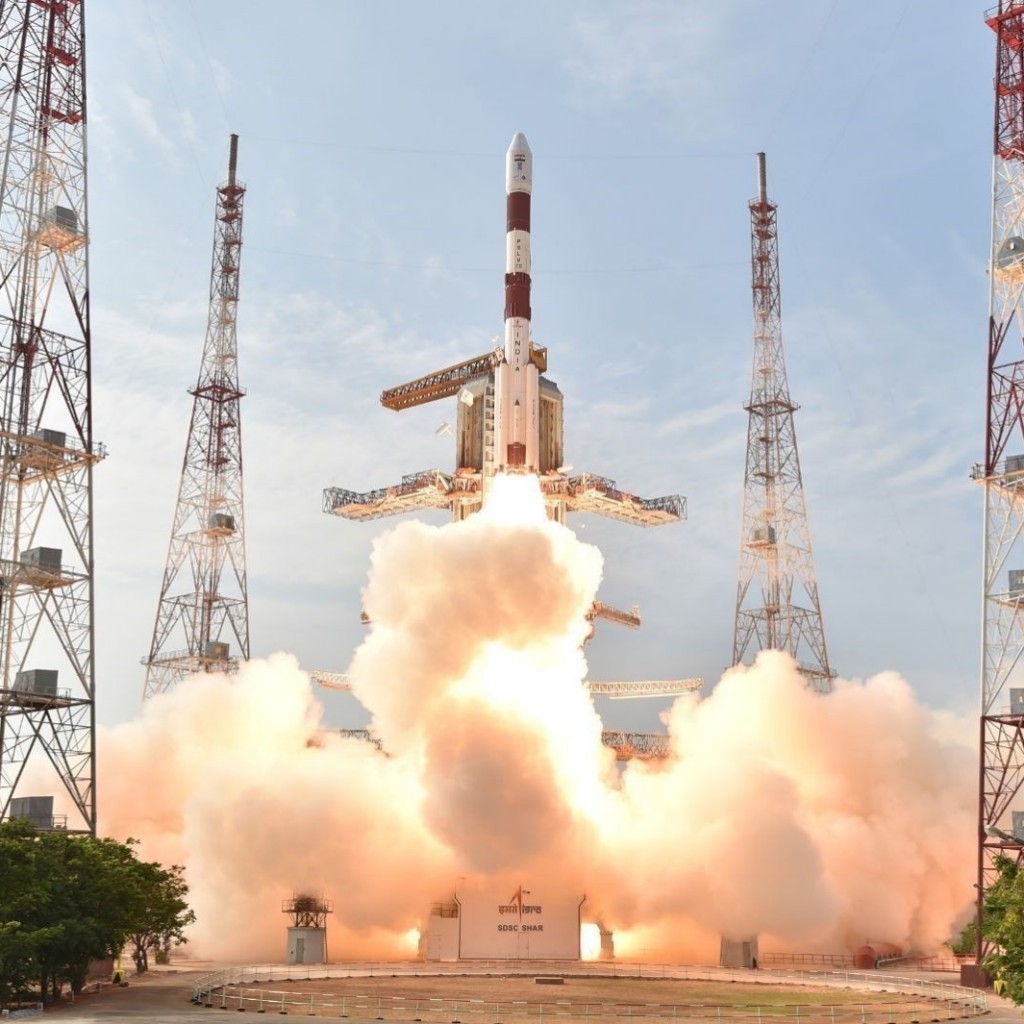FDI Policy Shake-Up: India’s Space Sector Opens Doors to International Investors

New Delhi, 21st February 2024: The Union Cabinet, led by Prime Minister Narendra Modi, has given the green light to an amendment in the Foreign Direct Investment (FDI) policy for the space sector. In a significant move, the satellites sub-sector is now categorized into three distinct activities, each having specified limits for foreign investment.
The recently announced Indian Space Policy 2023 serves as a comprehensive and adaptable framework designed to fulfill the vision of unlocking India’s potential in the space sector through increased private participation. This policy seeks to enhance space capabilities, foster a thriving commercial presence in space, leverage space for technology development, and derive benefits in related areas. Additionally, it aims to foster international relations and establish an ecosystem for the effective implementation of space applications among all stakeholders.
Previously, the FDI policy permitted foreign investment in the establishment and operation of satellites only through the Government approval route. Aligning with the vision outlined in the Indian Space Policy 2023, the Union Cabinet has now relaxed the FDI policy in the space sector by introducing liberalized FDI thresholds for various sub-sectors and activities.
The Department of Space engaged with internal stakeholders, including IN-SPACe, ISRO, NSIL, and various industrial stakeholders. Non-Governmental Entities (NGEs) possess capabilities and expertise in satellite and launch vehicle domains. Increased investment is expected to lead to product sophistication, global scalability, and an augmented share of the global space economy.
The proposed reforms aim to liberalize FDI policy provisions in the space sector by introducing a more accessible entry route and providing clarity on FDI in satellites, launch vehicles, associated systems or subsystems, creation of spaceports, and manufacturing of space-related components and systems.
Key Highlights:
– The amended FDI policy allows 100% FDI in the space sector, creating more opportunities for potential investors to contribute to Indian space endeavors.
– The entry routes under the amended policy are as follows:
– Up to 74% under the Automatic route: Satellites-Manufacturing & Operation, Satellite Data Products, and Ground Segment & User Segment. Beyond 74%, these activities require government approval.
– Up to 49% under the Automatic route: Launch Vehicles and associated systems or subsystems, Creation of Spaceports for launching and receiving Spacecraft. Beyond 49%, government approval is necessary.
– Up to 100% under the Automatic route: Manufacturing of components and systems/sub-systems for satellites, ground segment, and user segment.
This increased private sector involvement is anticipated to drive employment generation, facilitate technology absorption, and contribute to making the sector self-reliant. It aligns with the ‘Make In India (MII)’ and ‘Atmanirbhar Bharat’ initiatives of the Government, encouraging companies to establish manufacturing facilities within the country.








